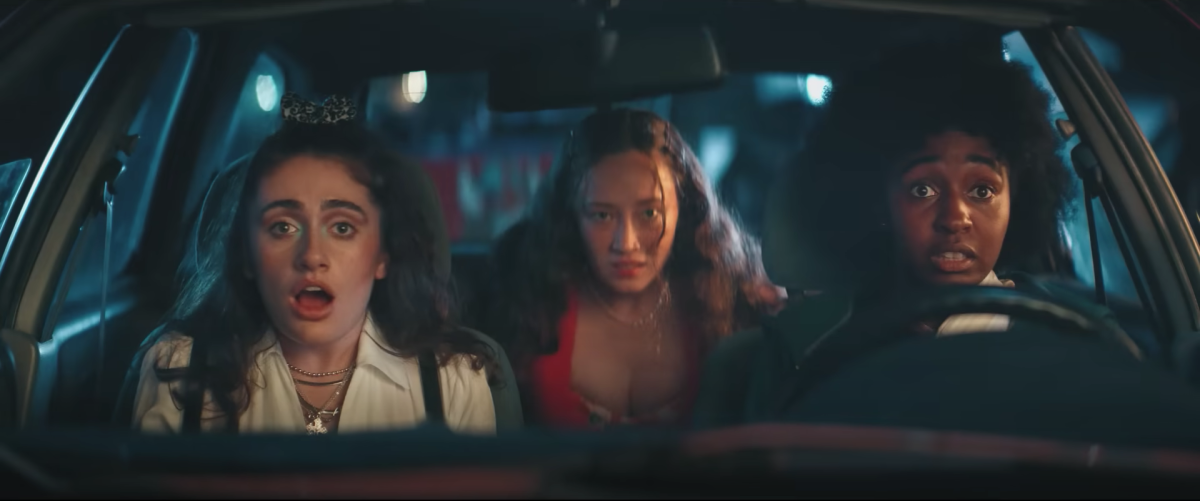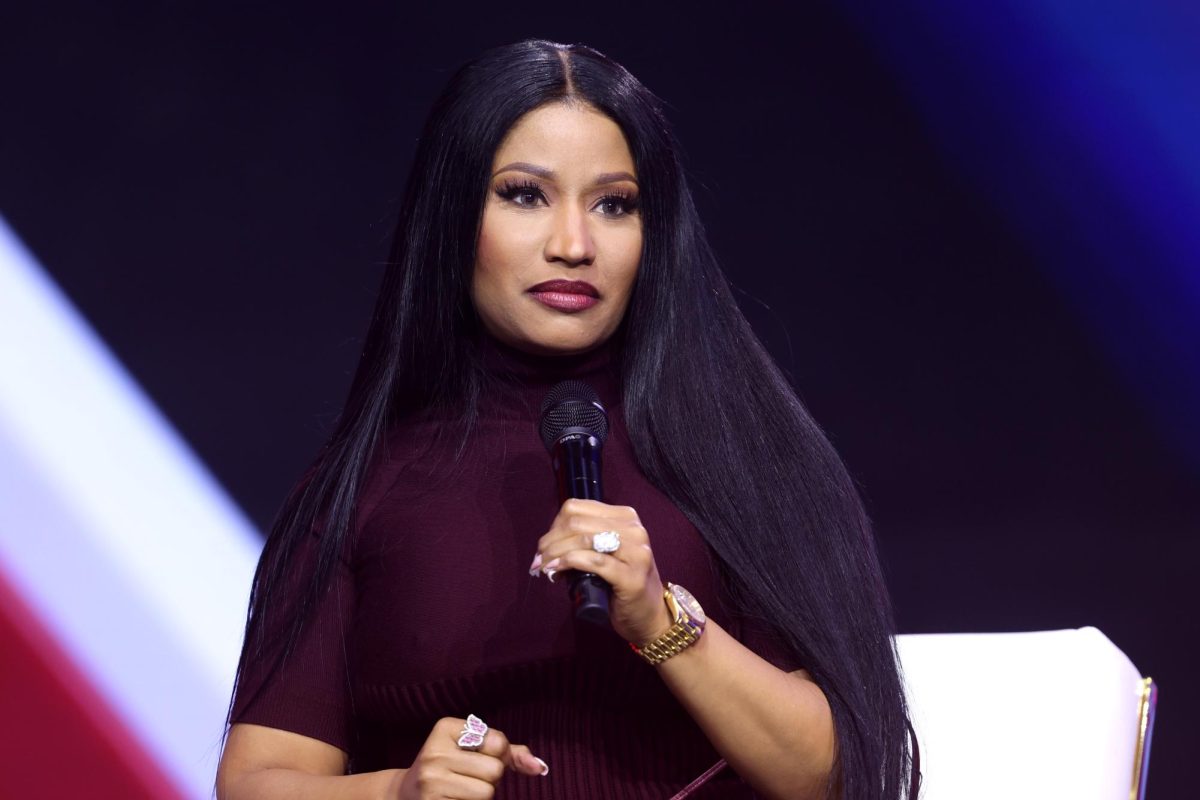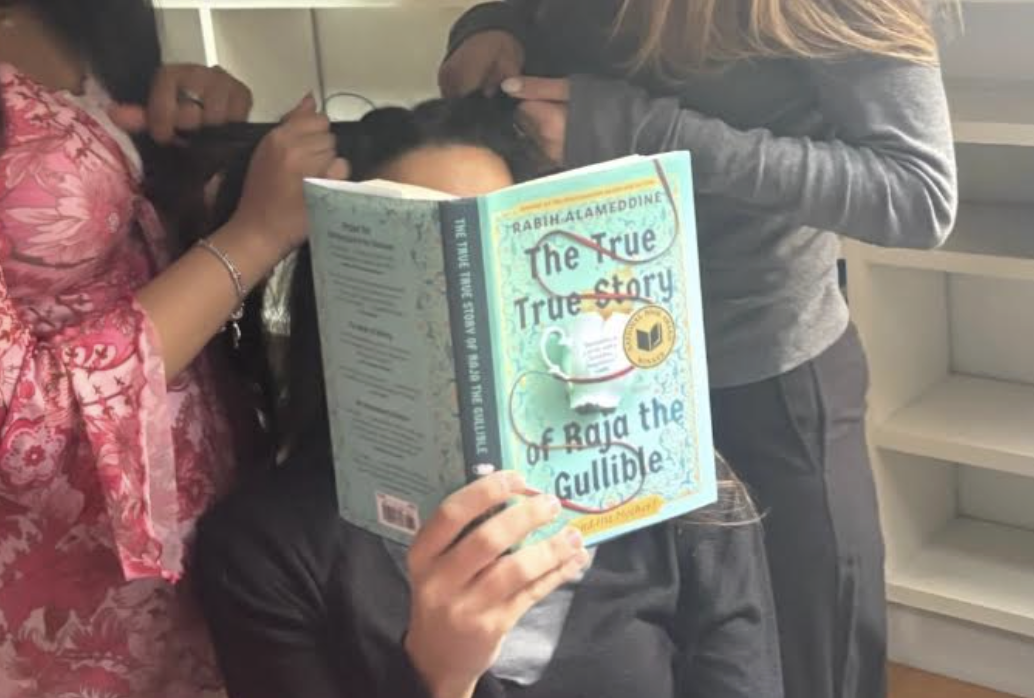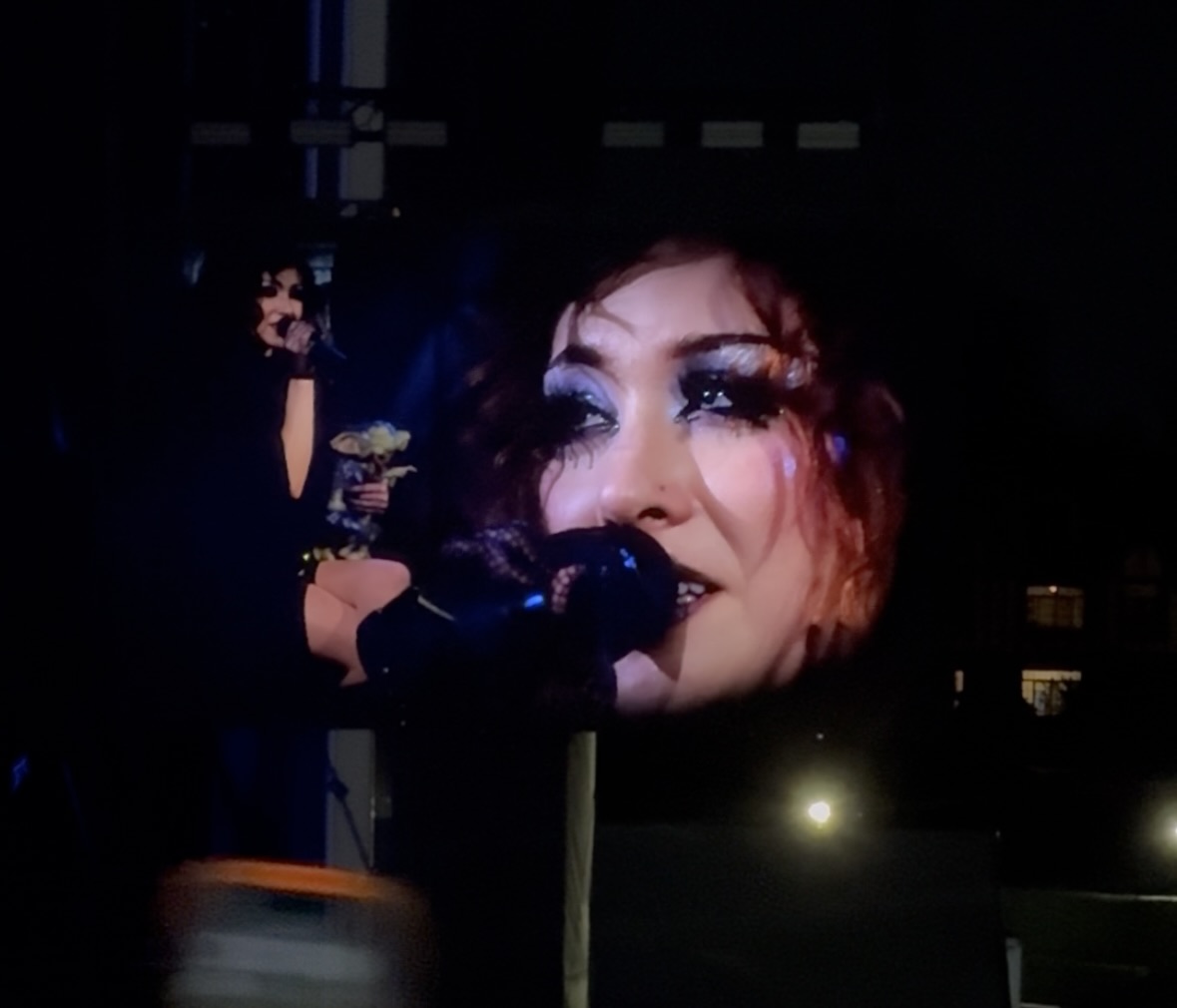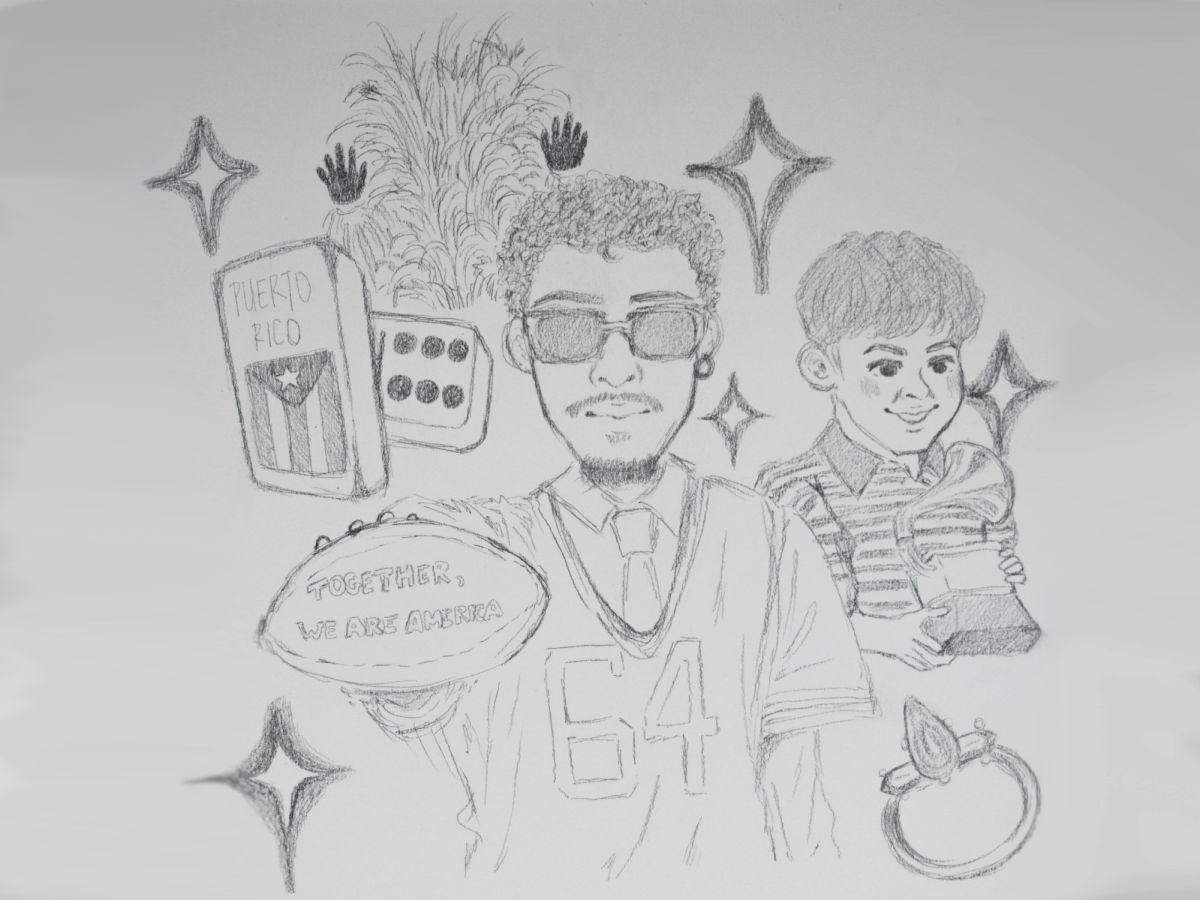In “Bottoms,” childhood friends PJ and Josie devise an all-girl fight club as a ploy to lose their virginities to cheerleaders —spinning a web of lies—and empowering them under false premises, setting the stage for chaos.
Co-writer Rachel Sennott and “The Bear” actress Ayo Edebiri star as the two “ugly, untalented gays.”
Director Emma Seligman, Sennott and Edebiri met one another at New York University, according to the Los Angeles Times. Seligman directed the short-turned 2020 feature film “Shiva Baby” in which Sennot’s character navigates an awkward shiva where her ex-girlfriend, parents and her sugar daddy and his family are all in attendance.
Sennott and Edebiri are comedy regulars. Sennott starred in multiple short sketches before pursuing longer work. The duo also starred together in the Comedy Central series “Ayo and Rachel are Single” where they play two self-centered New Yorkers going on terrible dates— essentially PJ and Josie in their twenties if they never grew as people.
Seligman pitched “Bottoms” with a clear vision. “I want to make a teen sex comedy but for queer girls” she said. Seligman was inspired by 2000s comedies like “Wet Hot American Summer,” “Superbad,” and “American Pie,” according to Elle.
However, the film’s thematic and visual references are even broader. Parallels can be drawn to the loser canon of the 80s like “Revenge of The Nerds”—whose poster it parodies—or even “Sixteen Candles” as it jettisons its predecessors’ indifference to sexual assault and reliance on racist stereotypes.
No movie featuring both gay leads and cheerleaders could escape comparisons to the cult classic camp fest “But I’m A Cheerleader,” nor does it want to.
“Bottoms” borrows the deliberate artificiality of the cult film’s sets and uses color to highlight gender roles. One scene pays homage to “But I’m a Cheerleader” with an eatery called “But I’m A Diner.”
It would be more accurate to describe “Bottoms” as gonzo drama meets sketch show pilot than the mere sum of any of its references— including in the places where it stumbles or holds back.
Initially, Sennott and Edebiri’s deliveries feel overly self-conscious even for the meta-humor they aim towards.
Little detail is revealed about their family life—apart from hints about Josie’s. Her Jesus icon and spiral into her imagining herself married to a nonexistent, equally gay male pastor hint at a religious upbringing.
As critic Kayla Kumari Upadhyana noted in her positive review, not all rapid-fire jokes worked.
The few jokes about eating disorders or “it’s somewhat [gender] essentialist genitalia-based ones” are more noticeable because “the movie only contemplates gender in a very conventional boys vs. girls way, which plays things too close to the movies it references.”
According to Vulture, Seligman hesitated to include explicit sex scenes in the film.
“I don’t think I felt comfortable having tons of sex scenes between the characters because I’ve never really seen that in a theatrical movie, where there’s raunchy nude sex scenes among queer female characters,” Seligman said.
However, a scene where PJ smiles from below a girl who has just given her a friendly punch to the face sensually conflates desire and violence in a delightfully twisted way.
Ultimately what makes “Bottoms” an enjoyable if uneven romp is its ability to channel genuine emotion through Edebiri’s depiction of Josie’s vulnerability around her crush.
The supporting cast, especially Nicholas Galitzine and Miles Fowler really sell their roles as the stereotypical “meathead” quarterbacks Jeff and Tim—and the stunt work makes every punch and bloody nose of the fighting scenes feel exhilarating.
“Bottoms” is a worthy addition to a thankfully diversifying genre.


